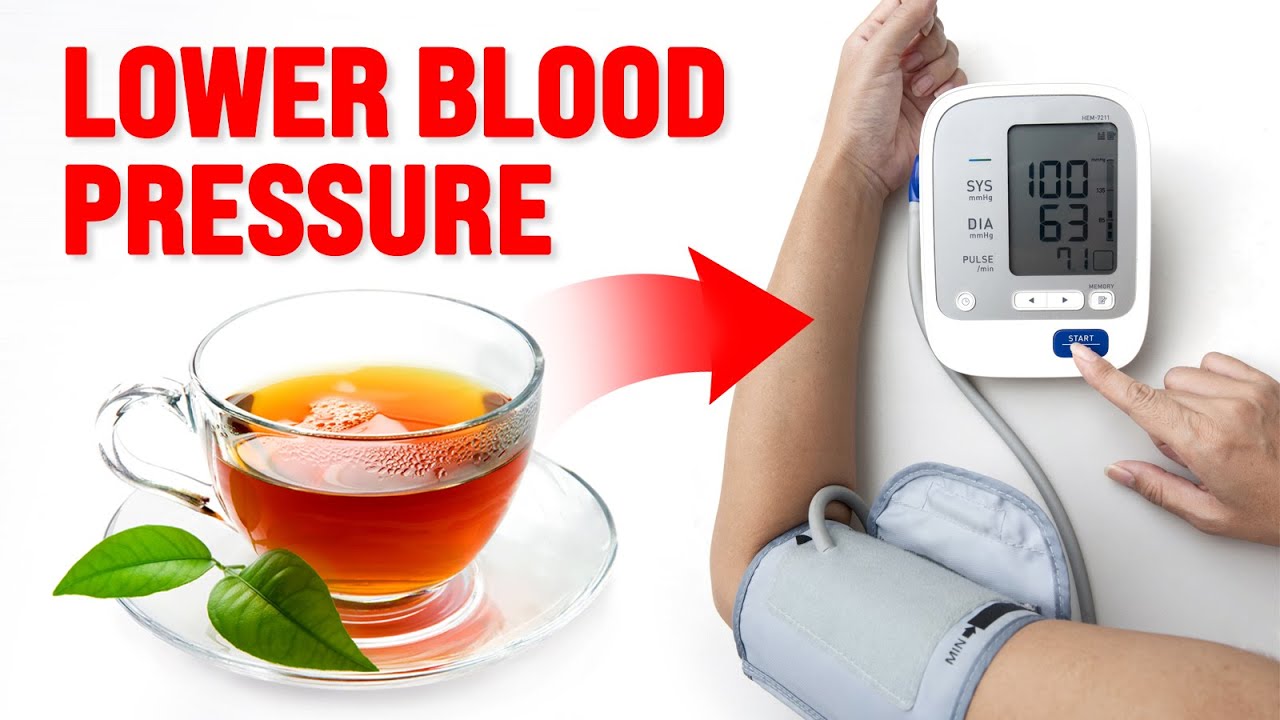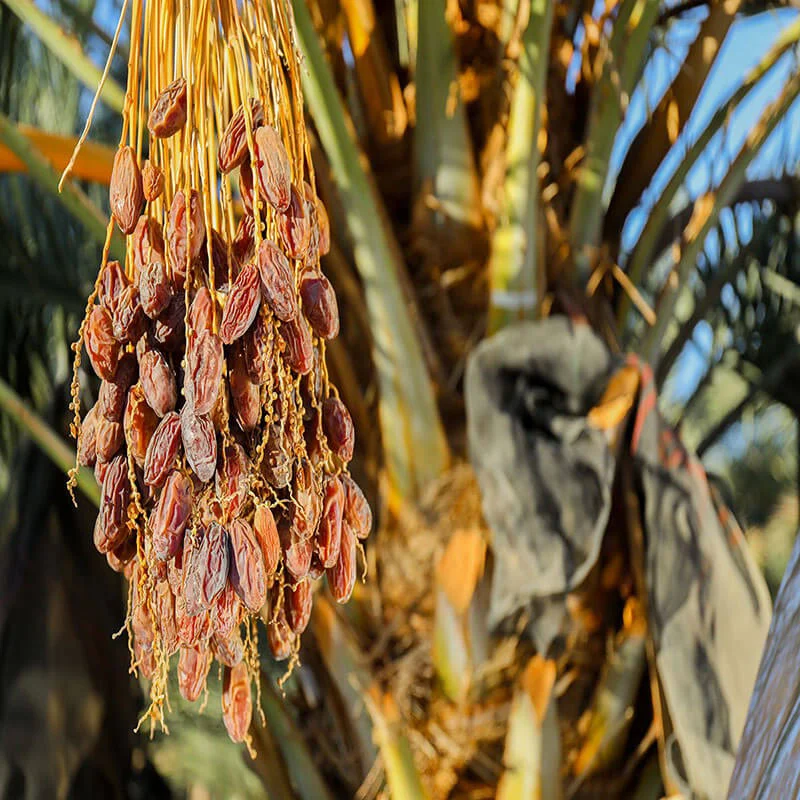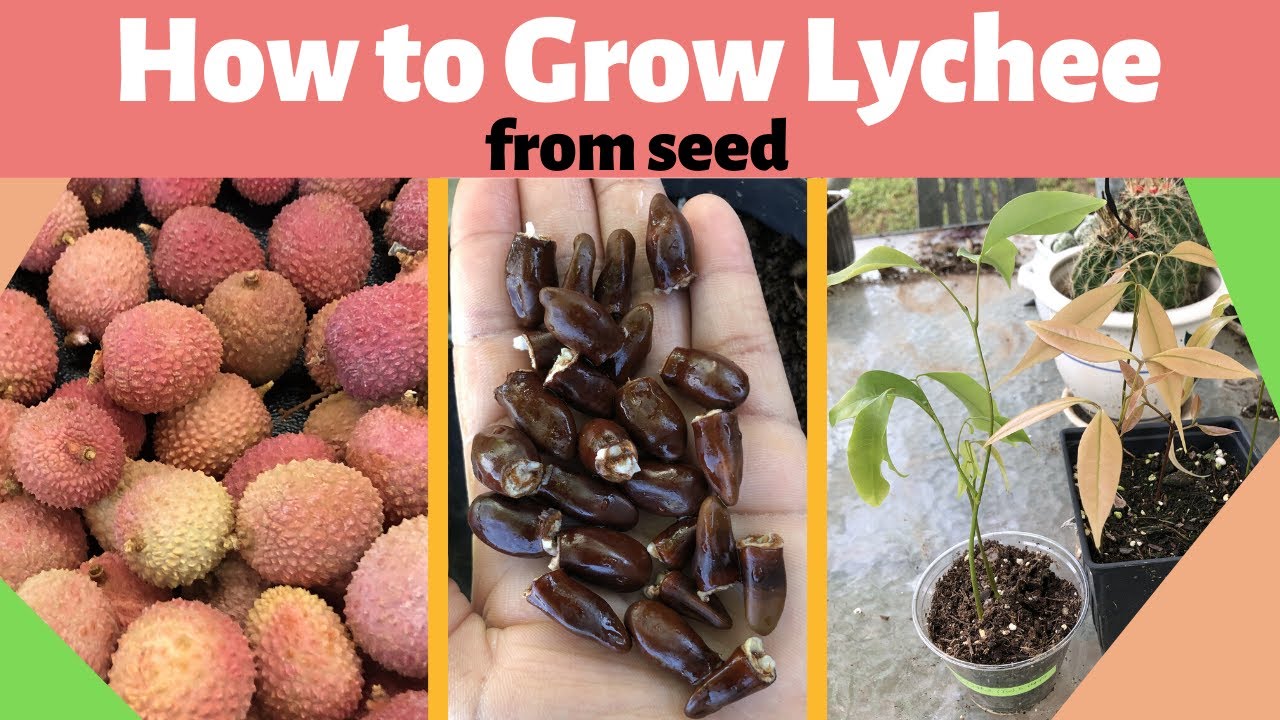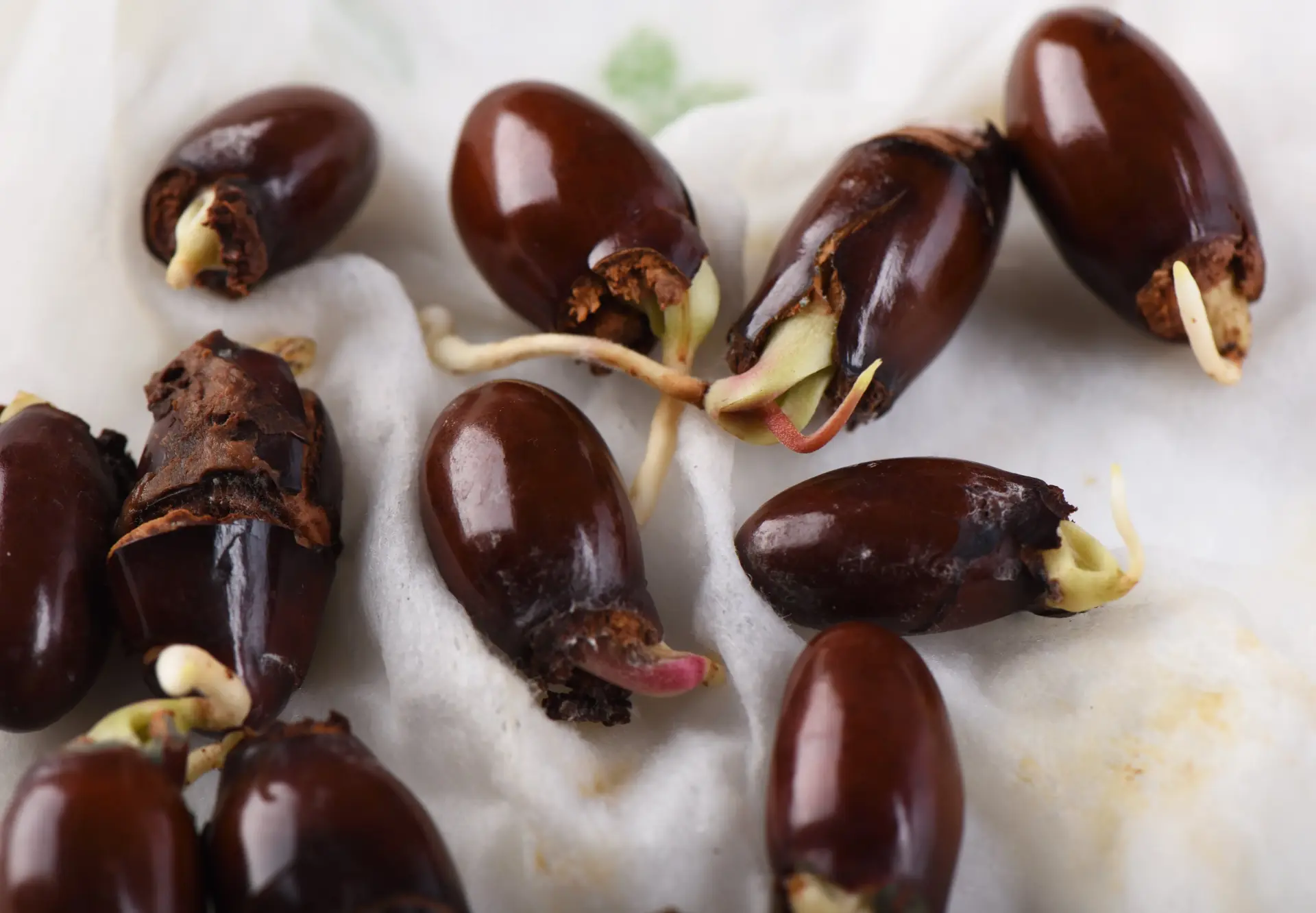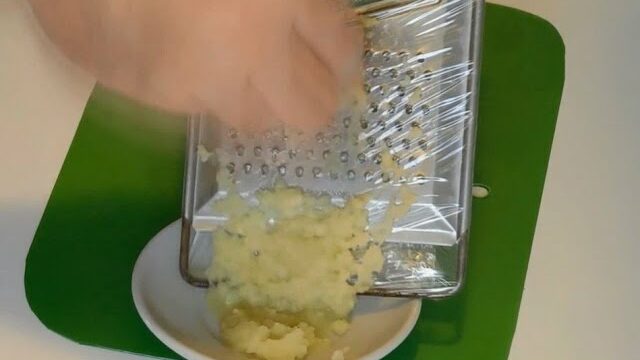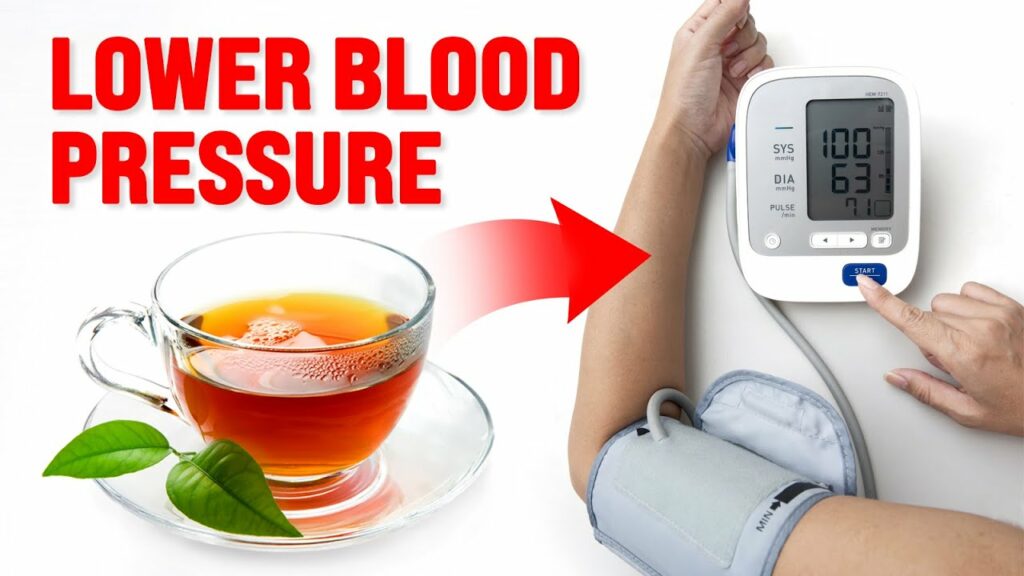
Drinking hibiscus tea is a popular natural remedy believed to help manage high blood pressure. Rich in antioxidants and bioactive compounds, hibiscus tea can be a beneficial addition to your daily routine if you’re looking to support cardiovascular health. Here’s a closer look at how hibiscus tea can help normalize high blood pressure and how to incorporate it into your diet effectively.
Benefits of Hibiscus Tea for Blood Pressure:
1. Rich in Antioxidants: Hibiscus tea is high in anthocyanins and other antioxidants that help reduce inflammation and protect blood vessels from damage, which can improve blood flow and lower blood pressure.
2. Natural ACE Inhibitor: Some studies suggest that the bioactive compounds in hibiscus can act as natural ACE (angiotensin-converting enzyme) inhibitors, similar to certain medications used to treat high blood pressure. These compounds can help relax blood vessels and reduce blood pressure levels.
3. Diuretic Properties: Hibiscus tea can also act as a natural diuretic, helping the body eliminate excess sodium and water, which can help lower blood pressure.
How to Use Hibiscus Tea for Blood Pressure:
Ingredients:
-
2 teaspoons of dried hibiscus flowers
-
1 cup of boiling water
-
Optional: honey, lemon, or a cinnamon stick for flavor
Preparation:
-
Steep the Hibiscus: Add the dried hibiscus flowers to boiling water and let them steep for 5-10 minutes, depending on how strong you like your tea. The longer you steep, the more intense the flavor and the greater the potential health benefits.
-
Strain: Remove the flowers by straining the tea into a cup.
-
Flavor: You can add honey or a slice of lemon for sweetness and extra flavor. A cinnamon stick steeped with the hibiscus can also enhance the tea’s flavor and add its own health benefits.
-
Consumption: For blood pressure management, drink one cup of hibiscus tea daily. It’s best consumed after a meal to prevent any potential stomach discomfort from its acidity.
Tips and Considerations:
-
Consistency Is Key: Regular, daily consumption is important for seeing health benefits. Monitor your blood pressure regularly to see how the tea affects you.
-
Monitor Effects: Because hibiscus tea can lower blood pressure, if you are already on medication for hypertension, adding hibiscus tea might cause your blood pressure to go too low. Monitor your blood pressure closely.
-
Consult Your Doctor: Always consult with your healthcare provider before starting any new treatment for high blood pressure, especially if you are taking medication or have other underlying health conditions.
-
Quality Matters: Use high-quality, organic hibiscus flowers to ensure the tea is free from pesticides and other contaminants.
Other Lifestyle Changes:
In addition to drinking hibiscus tea, consider making broader lifestyle changes such as maintaining a balanced diet, exercising regularly, managing stress, and reducing sodium intake to effectively manage high blood pressure.
Incorporating hibiscus tea into your daily routine can be a delightful and healthful way to potentially lower and manage high blood pressure, especially when combined with a healthy lifestyle.
